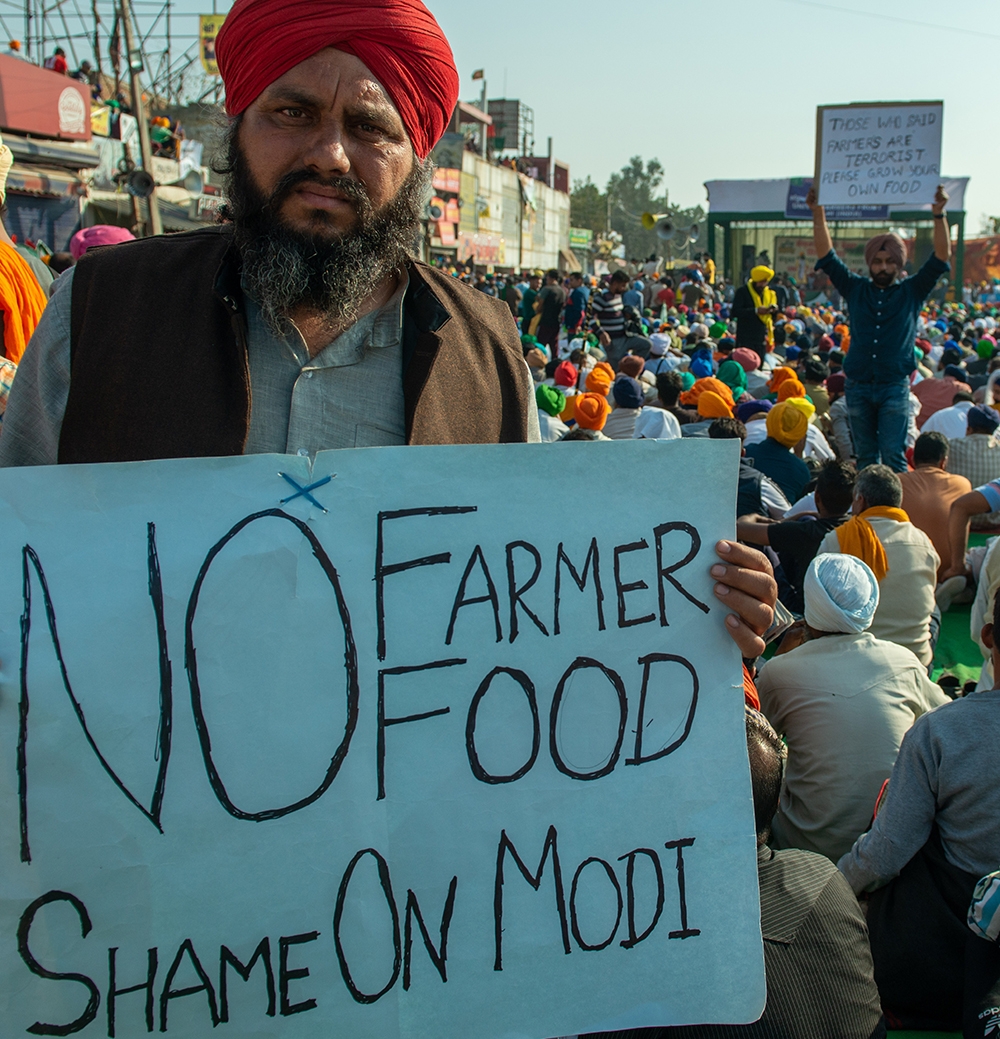Abstract
Over 2020-21, farmer protests in India turned into a movement that took large numbers of farmers to the borders of India’s capital. The movement was provoked by the passage of three farm laws designed to dismantle regulation of agricultural trade, provide a legal framework for contract farming arrangements, and facilitate corporate entry into agricultural production and trade. Despite intense farmer opposition the government held out for almost a year after the movement began before withdrawing the laws. The paper attempts to understand the factors underlying this stand-off by tracing the post-Independence evolution of agricultural and food policy and examining the political economy context of the positions adopted by the farmers and the government. A lesson that the farmers have derived from experience, I argue, is that agricultural prices, the terms of exchange between agriculture and industry, and the viability of crop production are not determined by benign and free markets, but by structures of power reflected in state policy. Till the economic crises of the mid-1960s those power relations were skewed against agriculture, but the crisis forced a shift in state policy aimed at raising agricultural production by intensifying farming activity, especially food grain production. A new framework of intervention involving procurement at a cost-plus price and distribution to consumers at subsidised prices, helped either tilt the terms of trade in favour of agriculture or prevent an adverse shift in the terms facing agriculture. Farmers saw the farm laws and the failure to guarantee procurement at an adequately remunerative price as an effort to dismantle that protective framework and favour corporate interests. The protests have resulted in the. repeal of the laws. But the stand-off over the level and price of procurement is still unresolved.



